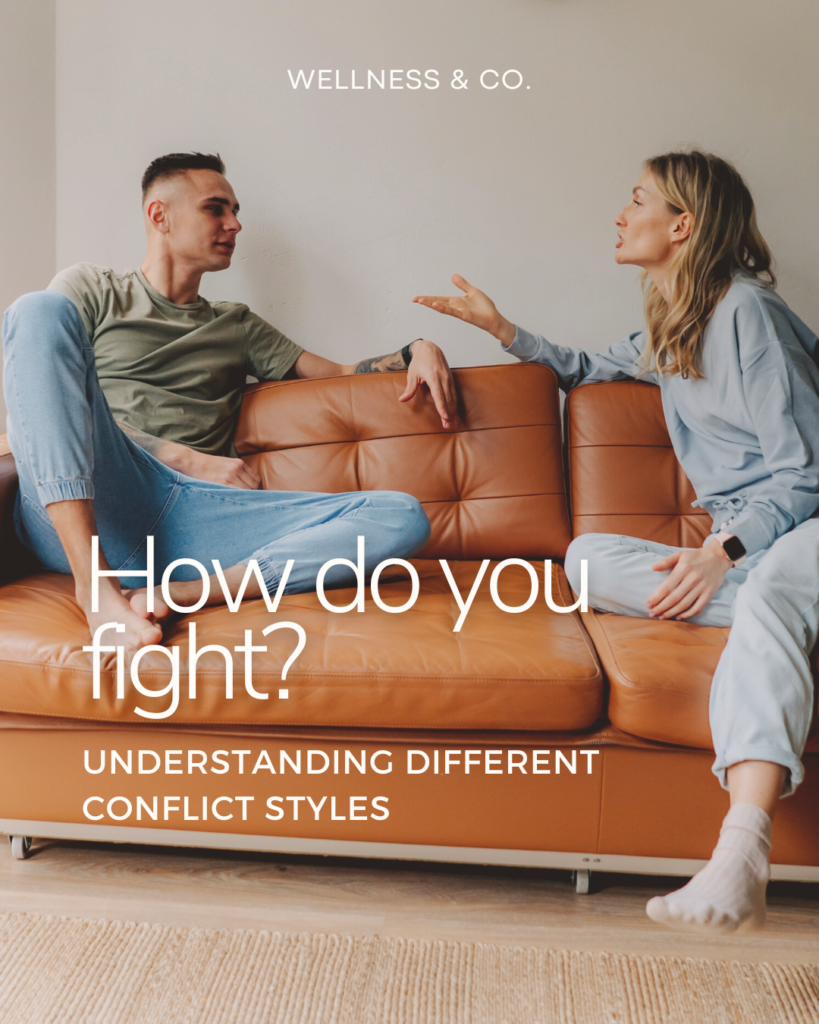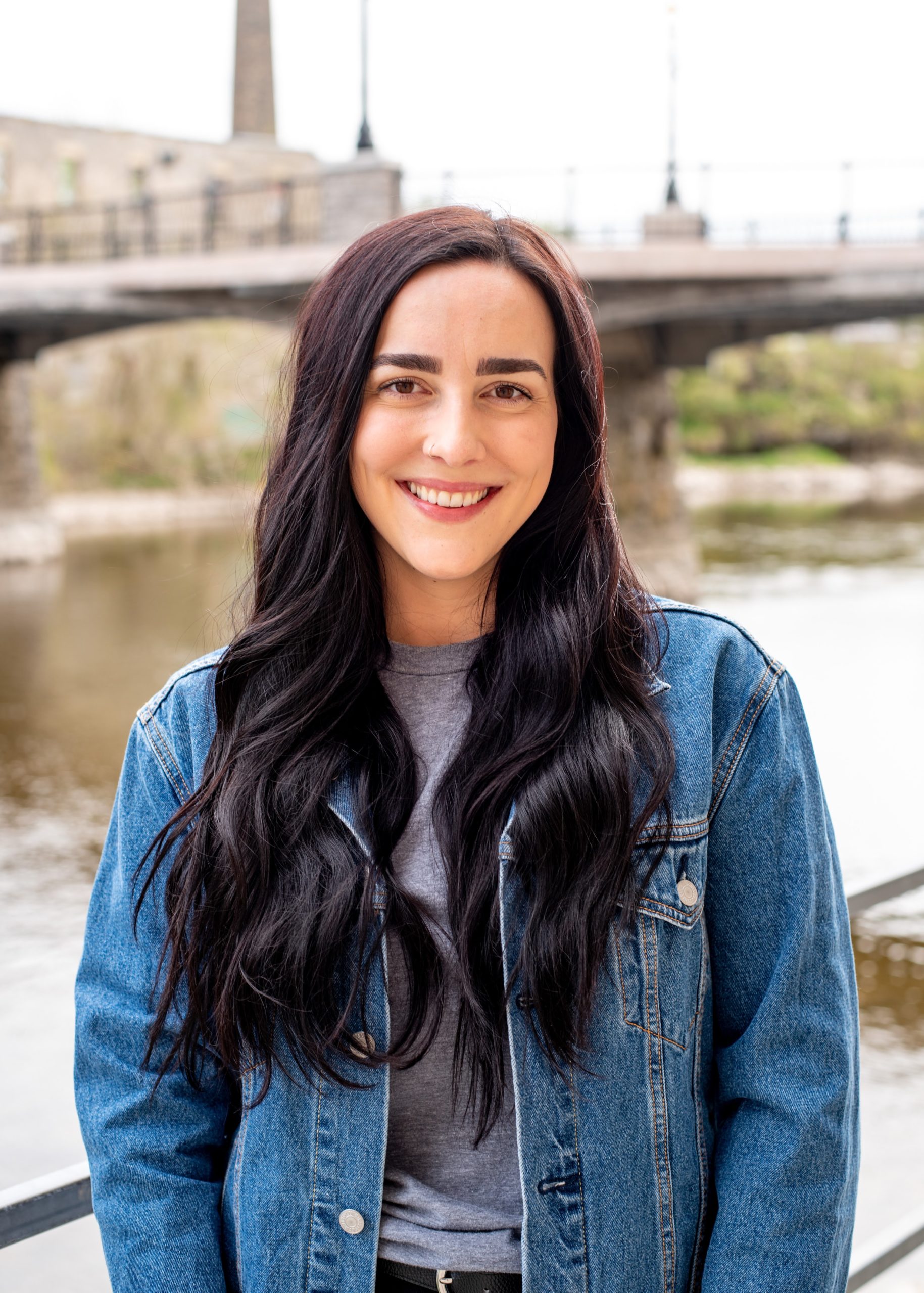Follow
Wellness & Co.
Hi, I'm Dr. K, Wellness & Co. is a growing therapy/coaching practice and educational hub for prospective clients based in Maryland and virtual clients all over the world!
Hi, I'm Dr. K
free guide
e -books
e -course
How Do You Fight?
April 18, 2023
By Amanda Clegg, Relationship Coach

Learning how we show up in disagreements is one of the most beneficial things we can do to curb defensiveness, show up compassionately, and *actually* repair so we can get over it on and on with it.
I’m all about awareness and accountability over here, so I thought it was the perfect time to share with you a really helpful part of the Enneagram that many people don’t know about and would reeeeeally benefit from.
Did you know that there are three different conflict styles? Yep, that’s right! Also named “The Harmonic Groups” – we’ve got the reactive types (4, 6, 8), the positive outlook types (2, 7, 9), and the competency types (1, 3, 5). These conflict styles are one of the MAIN reasons we feel like we can never get on the same page with each other. Understanding this is what will bring you closer together (instead of farther apart) when difficult conversations arise in your relationship.
Say it with me now…
“Conflict cultivates closeness!”
At least, it will…once you learn about this!

Let’s take a minute to dive into how this shows up for each type…
Reactive Group – Types 4, 6, 8
These types react emotionally to conflicts and problems and have difficulties knowing how much to trust other people. They wish for others to match their emotional state when in conflict.
Positive Outlook Group – Types 2, 7, 9
These types respond to conflict and difficulty by adopting a “positive attitude”, reframing disappointment in some positive way.
Competency Group – Types 1, 3, 5
These types have learned to deal with difficulty by putting aside their personal feelings and striving to be objective, effective, and competent.
It’s important to note that there are gifts in each conflict style – none of them are wrong or bad.
Reactive types show us how to meet and honor emotions.
Positive outlook types show us how to connect to hope and joy.
Competency types show us how to stay calm and clear in the processing.
ALL THREE are necessary for productive conflict resolution. And the way we get there is through my fav word – BALANCE.
The Enneagram asks us to invite in a little bit of each, with a lot of intentionality, in order to move through conflict with more ease, respect, and love.
- Which style do you lead with?
- How can you invite in more of the other two within yourself?
- What’s the missing piece (or pieces) in your relationship and how can you and your partner find balance?
Until next time,
Amanda
Don’t know your Enneagram type? Schedule a free consult with Amanda here and get your healin’ on!
Amanda works with couples and individuals who want to build secure, connected relationships – both within themselves and with the people they love. Using the Enneagram as a powerful framework for awareness and growth, she helps clients understand their patterns, soften reactivity, and create new ways of relating rooted in compassion and emotional safety.
Leave a Reply Cancel reply
CONTACT
Start Here
BLOG
OUR TEAM
SHOP
ABOUT
©2025 Wellness & Co. | All Rights Reserved | Design by EverMint Design Studio
BACK TO TOP
connect with us on instagram
